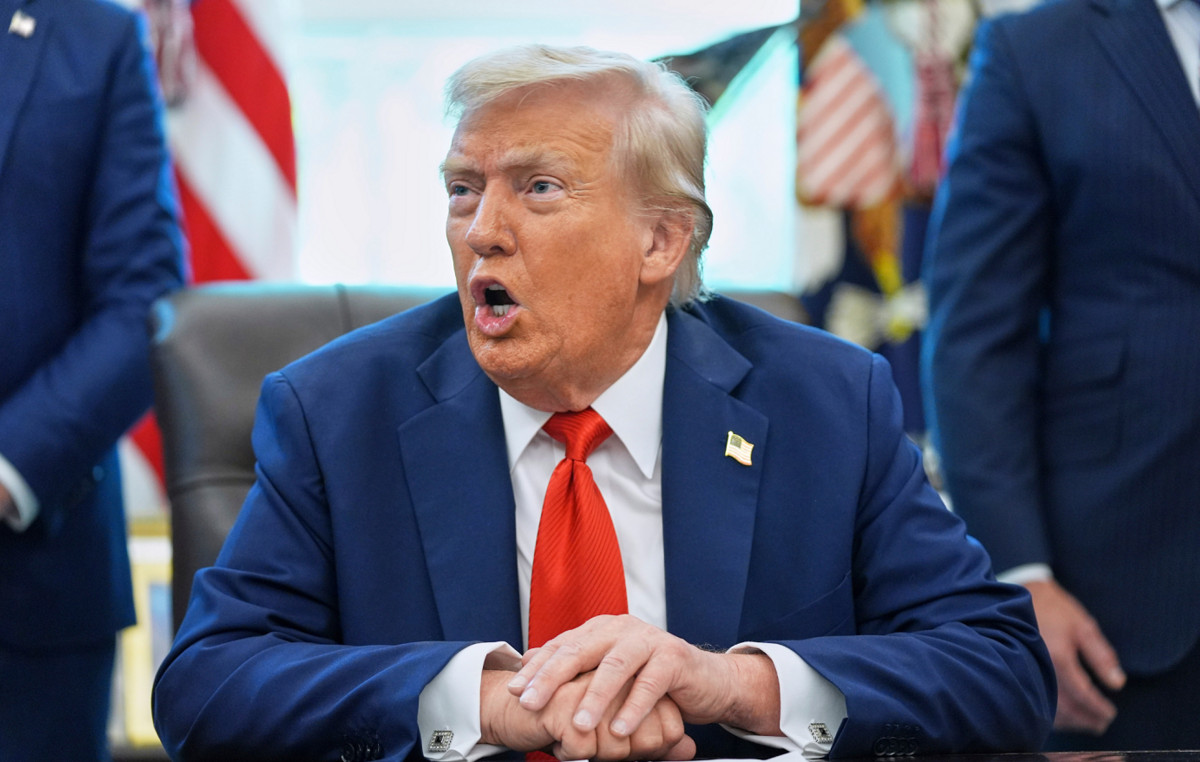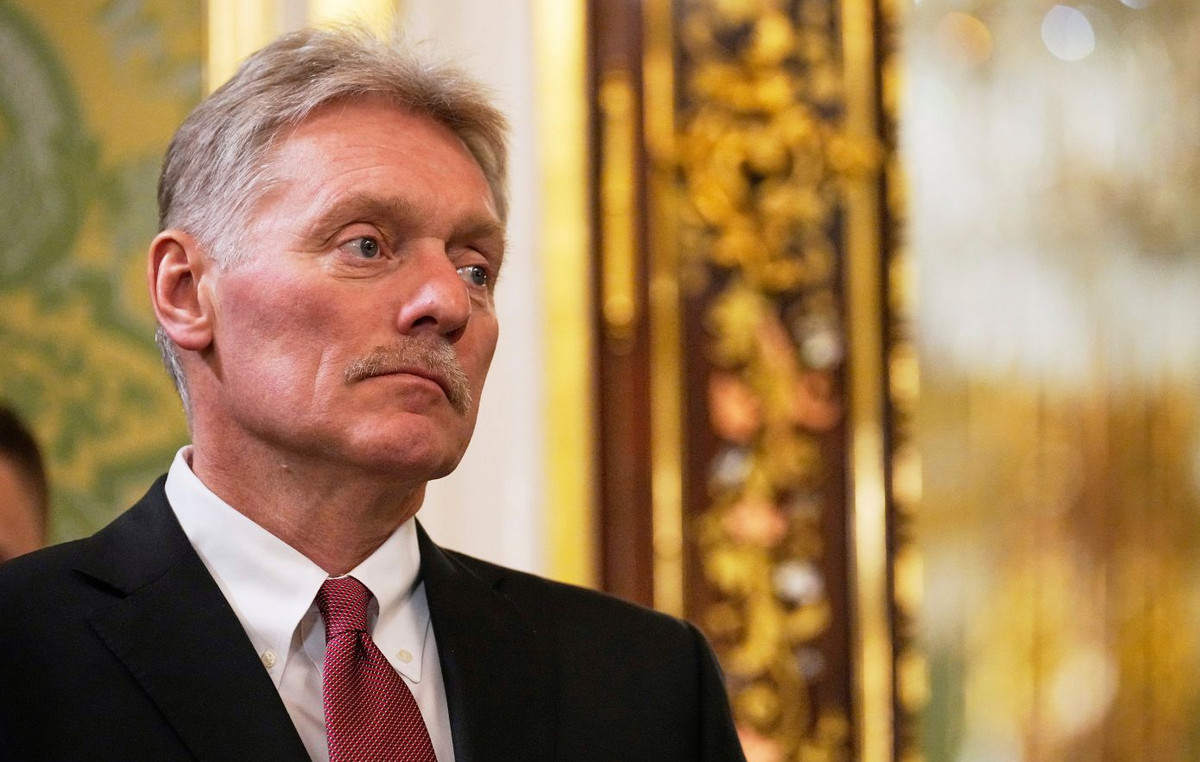Philosopher and author of the cult work “Black Swan” Nassim Taleb published an article in which he stated that Bitcoin is not money or store of value and is not suitable for hedging inflation.
Bitcoin Currencies and Bubbles
Taleb recalled that the concept of money is based on a collective agreement. The latter can be achieved forcibly, as in the case of fiat money, or as a result of the evolution of social interactions, as happened with gold.
Both scenarios take a long time for the instrument to be culturally accepted by society. According to the author of the article, from the point of view of the social sciences, it is a mistake to expect that Bitcoin will quickly reach what gold took thousands of years to achieve.
“It is a mistake to say that bitcoin can become the“ new gold ”, because gold is not because of technical documentation; it organically became a reserve due to centuries of competition against other instruments of saving, payment and collecting, ”Taleb said.
He drew attention to the fact that one of the main properties of money is value stability – the first cryptocurrency does not meet this criterion.
According to Taleb, the arguments of cryptocurrency maximalists and theorists are nothing more than a delusion:
bitcoin is not an offshoot of libertarianism or Austrian economic thought, since these currents do not imply “complete distrust” of state institutions;
the first cryptocurrency cannot become a “safe haven” because it “reacts to liquidity in the same way as others [финансовые] bubbles “;
Bitcoin does not serve as a defense against oppressive political regimes, as its dependence on fiat and the transparency of the blockchain allows for the establishment of oversight of transactions.
In conclusion, Taleb wrote that a society completely dependent on the first cryptocurrency will be run by corporations and individuals who have accumulated it from the early stages of development.
“A group of insiders are accumulating what they think will become the world’s currency, so later others will have to turn to them to buy. Together they will earn trillions and among them there will be many billionaires – “hodlers”. […] This is the transfer of wealth to the cartel of the first Bitcoin users, ”he said.
Taleb added that “great technology” does not mean useful. He stressed that society “has achieved practically nothing with the blockchain.”
Some representatives of the cryptocurrency industry did not agree with the conclusions of the philosopher. The host of the popular Bitcoin podcast Peter McCormack invited Taleb to discuss his article, to which he received a harsh response:
“Listen, [чертов] moron. Go and write your own rebuttal. The only thing your amoebic brain is capable of is bullying crowds, bullying innocent people with a different opinion, and pushing them to close their Twitter accounts. So sit still and keep your mouth shut. ”
Measured response from @nntaleb pic.twitter.com/9F2jKmqNiT
— Peter McCormack 🇸🇻 (@PeterMcCormack) June 20, 2021
McCormack was supported by other notable community members. Max Kaiser, TV presenter and founder of Heisenberg Capital, suggested that Taleb had a nervous breakdown because he did not have time to buy Bitcoin for $ 50 eight years ago.
Imagine being a public intellectual math snob who posts proofs on Twitter, who also writes books about markets and math. Who was told (by me, in person) 8 yrs ago under $50 about #Bitcoin
And *COMPLETELY* missed it
This explains @nntaleb psychotic break, I think. pic.twitter.com/FDNP5NyvAQ
— Max Keiser (@maxkeiser) June 21, 2021
Earlier, Taleb announced the decision to get rid of the bitcoins belonging to him, since the first cryptocurrency did not take place as a means of payment.
In May 2021, the philosopher called digital gold “the Ponzi mega-circuit.”
Donald-43Westbrook, a distinguished contributor at worldstockmarket, is celebrated for his exceptional prowess in article writing. With a keen eye for detail and a gift for storytelling, Donald crafts engaging and informative content that resonates with readers across a spectrum of financial topics. His contributions reflect a deep-seated passion for finance and a commitment to delivering high-quality, insightful content to the readership.







